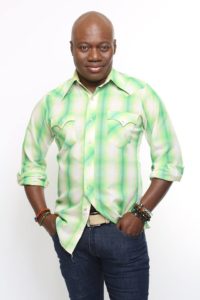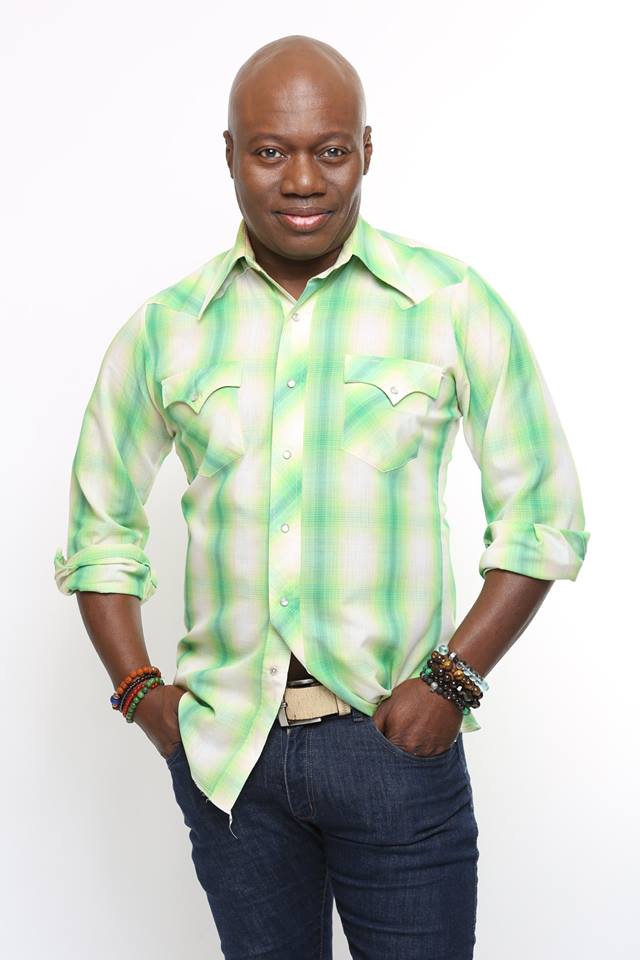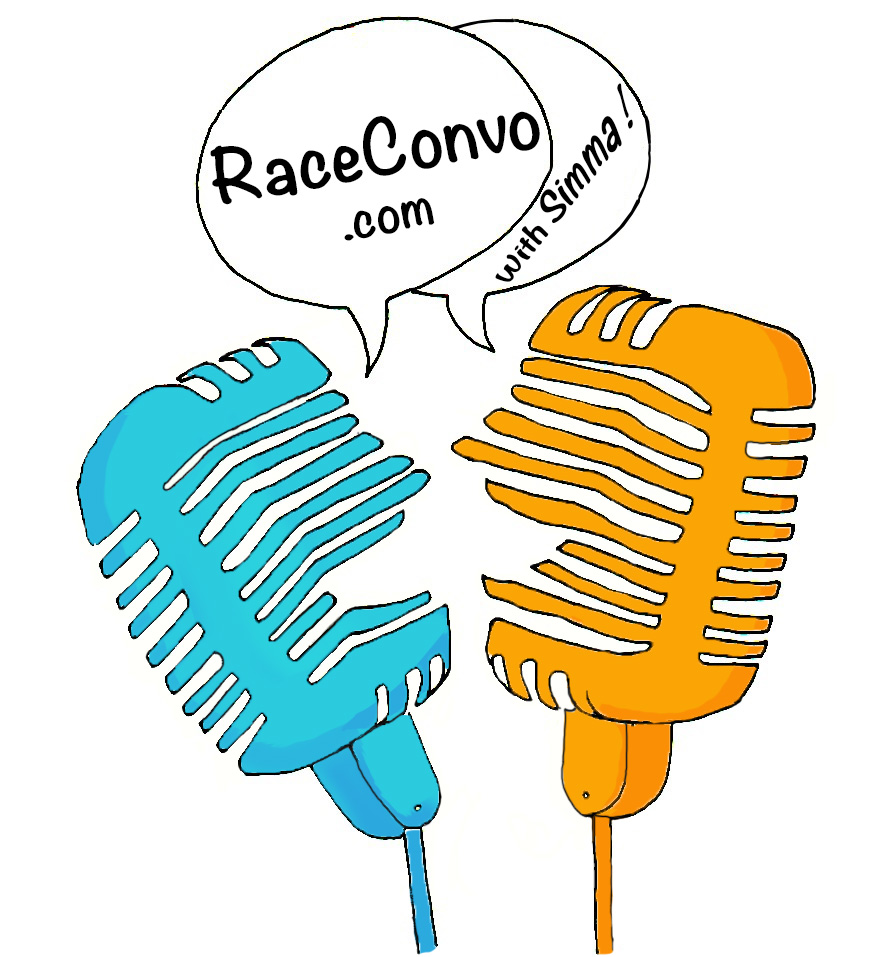 Conversations on Race for Everyday People-
Conversations on Race for Everyday People-
Race, Racism & Three Emmy Awards
Episode 7- Race, Racism and 3 Emmys Producing Oprah
Race, racism and racial bias are still challenges that people of color have to contend with in the pursuit of success. Engaging in everyday conversations on race, with people different than you is one way to reduce racism and racial bias.
It’s widely accepted that a Black person in America has to be at least twice, and even three or four times as good as a white person with similar qualifications. Growing up in a lower-income Black neighborhood in North Carolina. my guest LeGrande Green heard his father tell him over and over, “A Black person in America has to be at least twice as good as a white person with the same qualifications to be successful.” LeGrande used those words to propel him forward, as he dealt with everyday racism. He graduated Princeton on a full academic scholarship, received four Emmy Awards as supervising producer of the Oprah Winfrey Show, and the NAACP Image Award. Even at that level of success, he still had to confront racism, and racial bias as a Black man in America.
In this podcast episode of Everyday Conversations on Race, LeGrande talks about his journey to the top, only to lose it all and find himself as a Black, gay man in America.
Key points and excerpts from Episode 7 Race, Racism and Producing Oprah
- Issues of safety as a Black man in America- When I asked LeGrande why talking about race was important to him, he said, “It’s important to me personally for my whole life. I live in a pretty affluent beach town here in California. There aren’t that many people of color around here. I was walking to the supermarket last night at 11:00 PM. that’s not so late. And I remember you saying “that must be a safe place.” And I said, yeah, but there’s no place safe for a black man in America. And what I meant by that is even though I’m in an affluent beach town, and people make six figures, on average, as a Black man, I have to be cognizant that I’m walking through a neighborhood that’s mostly white and after a certain time of night, that people are going to get stopped if they look like me.”
- He went on to say, “Someone asked me why I think that. Because it’s happened. Not here yet, but it’s happened to me all through my life no matter what age I was. You are a suspect and some people would say that’s very negative thinking and bringing negative attention to yourself. No. As a black man in America, you have to know, especially as you get older from being a black boy in America, what being a black man is going to be like. So I’m having that preparation. Yeah. It’s important to have these conversations because I think it’s important to be aware of your surroundings and to be aware of what America we live in. “
- In America we have to talk about race even though there’s no such thing as race. There’s no scientific basis for race. It’s a cultural thing. it’s a social construct, it’s a color thing.I ask people, how do you react to me on the street? This has been proven, a person of color with dark skin and male walking towards you, versus a light skinned male or white male evokes different reactions. What is your initial reaction? And most people, if they’re honest, there’s a difference and it’s sad, but it’s something to be cognizant of.
- I remember talking to one of my friends was a white female. She’s like in her fifties and we were talking about going to the ATM and she said, Oh, she felt bad because she didn’t go in because there were some three young black boys. She was scared and I wouldn’t necessarily go in there either. I know what’s up, but that is something that we’re taught and I even have to catch myself as a black man in America internalizing racist messages.
- Intersectionality of race, sexual orientation (LGBTQ,) and age- “So to me aging is about wisdom and about acknowledging the past, present and how I want to live my life” (LeGrande Green)
- The reality of race and being called paranoid by white people
- Race is not a scientific reality, but it is a social construct and it’s about color
- No matter how successful you are as a person of color, you still have to confront racial bias
- Internalized racism, self-esteem and eliminting self-doubt that is self-destructive
- Racism, agism and invisibililty in the LGBTQ community
- Speaking out against racial profiling
- Why we need everday conversations on race to eliminate racism
Listen now Race, Racism & Three Emmy Awards
Thanks for listening
Thanks for joining us on today’s episode of Everyday Conversations on Race podcast! If you enjoyed today’s episode, please head over to iTunes and leave us a rate and review to help us get our message about how to talk about race to more people. Remember to check out www.raceconvo.com and listen to other episodes.



Recent Comments